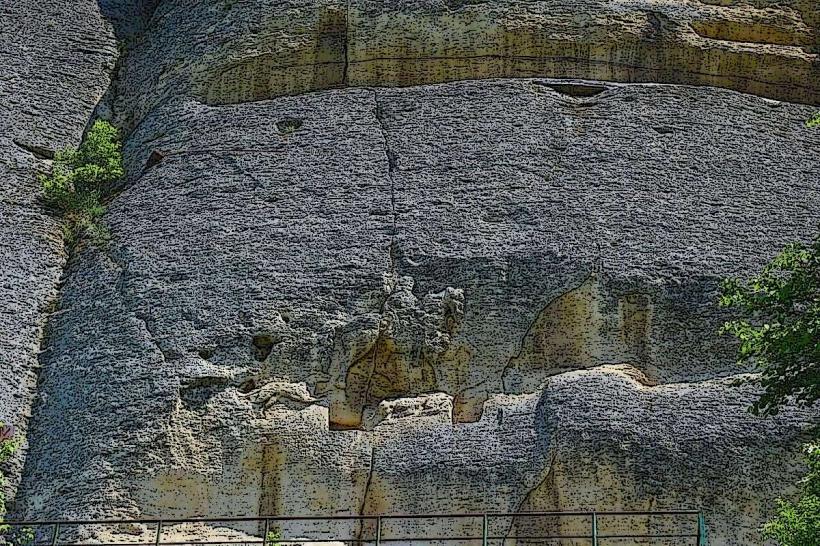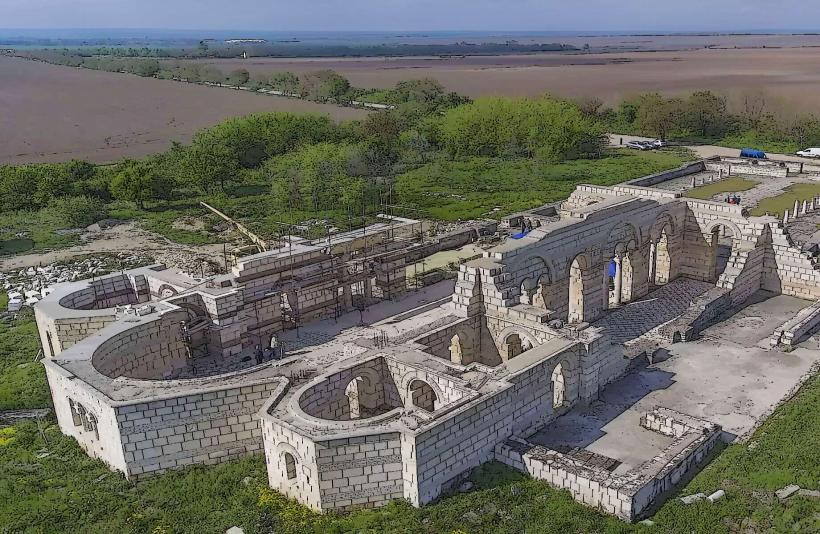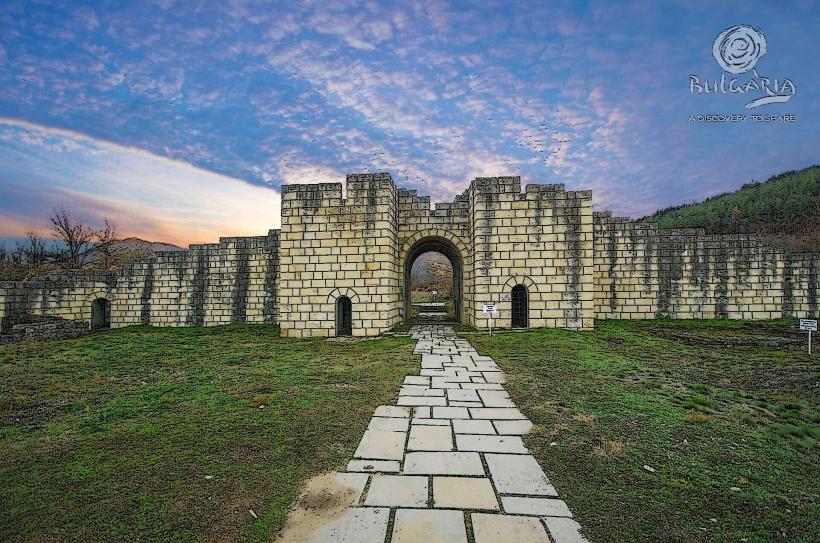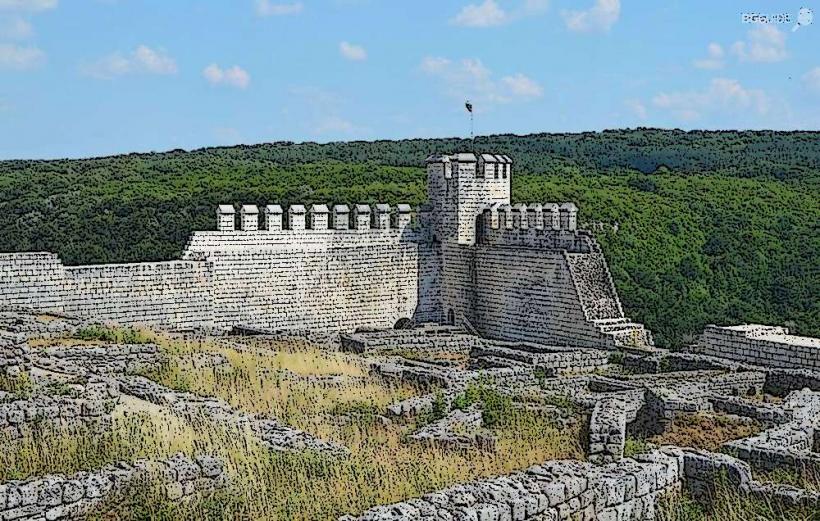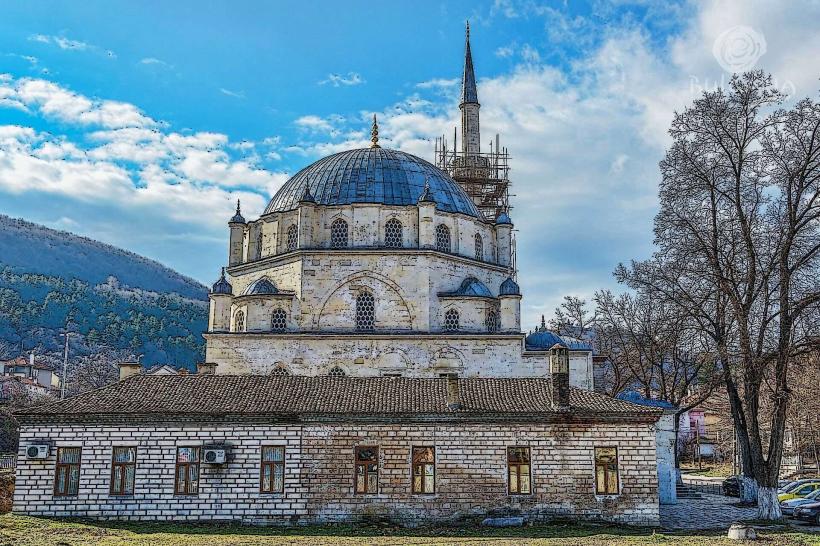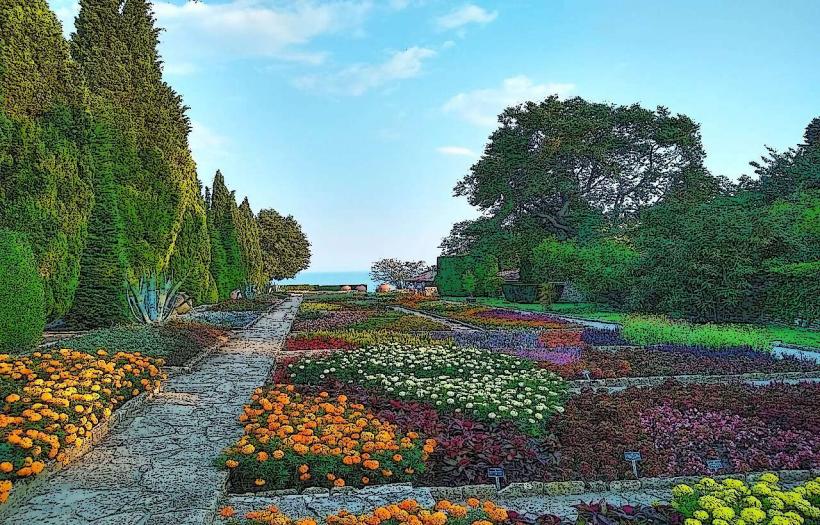Information
Landmark: Shumen History MuseumCity: Shumen
Country: Bulgaria
Continent: Europe
The Shumen History Museum is a significant cultural institution dedicated to preserving and showcasing the rich history of Shumen and the surrounding region in Northeastern Bulgaria. The museum highlights the city's ancient origins, its importance throughout different historical periods, and its cultural contributions to the country. It is one of the main centers of historical knowledge and research in the region.
Historical Background
- Establishment: The Shumen History Museum was founded in 1958 as a response to the growing interest in preserving the city's history and cultural heritage. The museum has since played an essential role in educating the public about Shumen's history and contributing to historical scholarship in Bulgaria.
- Location: The museum is located in the heart of Shumen, near other significant landmarks like the Shumen Fortress and the Monument to 1300 Years of Bulgaria, making it easily accessible to both locals and visitors.
Exhibits and Collections
The museum's collections span various periods of Shumen's history, from ancient times to the modern era. The exhibits are spread across different halls and themes, offering a comprehensive look at the city’s cultural and historical evolution.
Prehistoric and Ancient History:
- The museum's exhibits include archaeological finds from the prehistoric and ancient periods, particularly from the Bronze and Iron Ages.
- Artifacts from the Thracian culture, including pottery, weapons, and everyday items, showcase the region's early history.
- Ancient Greek and Roman items, reflecting the region's involvement in ancient trade and culture, are also featured.
Medieval Shumen:
- The museum delves into the medieval history of Shumen, with a focus on the city’s role during the First Bulgarian Empire. Shumen was an important center during the reigns of Khan Asparuh and Tsar Simeon the Great.
- Artifacts from medieval fortifications, coinage, and religious objects provide insight into the medieval Bulgarian and Ottoman periods.
- Shumen Fortress, a key archaeological site, is often featured in exhibits about the city's medieval military importance.
Ottoman Period:
- Shumen was under Ottoman rule for several centuries, and the museum provides a glimpse into the city’s cultural and architectural transformation during this time.
- Exhibits related to the Ottoman administration, Islamic art, and the Tombul Mosque, which was built during the Ottoman period, are part of this section.
Modern History:
- The museum also covers more recent history, including the 19th century, when Shumen played a significant role in the National Revival Movement.
- Items related to the Apostles of Freedom, such as Vasil Levski, and the Russian Liberation of Bulgaria in 1878 are showcased.
- The museum also focuses on Shumen's role in the socialist period and Bulgaria's transition to democracy after 1989.
Cultural Heritage:
- In addition to historical artifacts, the museum houses exhibits related to the local crafts, traditional costumes, and folklore of the Shumen region.
- The museum also hosts temporary exhibitions that highlight various aspects of Bulgarian culture and history, ranging from visual art to literature and music.
Architectural Design
- The Shumen History Museum is housed in an elegant neo-renaissance-style building. Its architectural design is characteristic of Bulgarian public buildings from the mid-20th century and offers a fitting backdrop for the diverse historical exhibits.
- The building itself is historically significant and often attracts attention for its combination of classical architecture with modern exhibition spaces.
Educational and Cultural Role
- Educational Programs: The museum offers educational programs, workshops, and guided tours for students and visitors of all ages. The programs are designed to deepen the understanding of the region's history and encourage cultural awareness among the local population.
- Public Events: The museum is also a venue for cultural events, including lectures, discussions, and temporary exhibitions. It serves as a center for the cultural life of Shumen, promoting the preservation of local traditions and historical consciousness.
Research and Collaboration
- The Shumen History Museum collaborates with other historical institutions and museums across Bulgaria. It plays an active role in archaeological research, with a focus on excavations in the region, particularly at the Shumen Fortress and other ancient sites.
- Researchers and historians utilize the museum's collections for study, and the museum often hosts academic conferences related to the history and archaeology of the Shumen region.
Visitor Experience
- The museum is an important stop for tourists exploring Shumen, particularly those interested in the city’s deep historical roots.
- Visitors can explore the museum's collections and gain a better understanding of Shumen’s evolution, from its ancient origins to its role in modern Bulgaria.
- The museum also offers a tranquil environment for those interested in historical research or simply exploring the cultural treasures of the region.
Conclusion
The Shumen History Museum is a key cultural institution that serves as a repository of the city’s rich historical heritage. With its diverse collections spanning several centuries of history, the museum offers visitors a thorough understanding of Shumen’s significance in Bulgarian history. From ancient Thracian artifacts to Ottoman and modern exhibits, the museum is an invaluable resource for both locals and tourists interested in exploring the vibrant past of this historical city.

